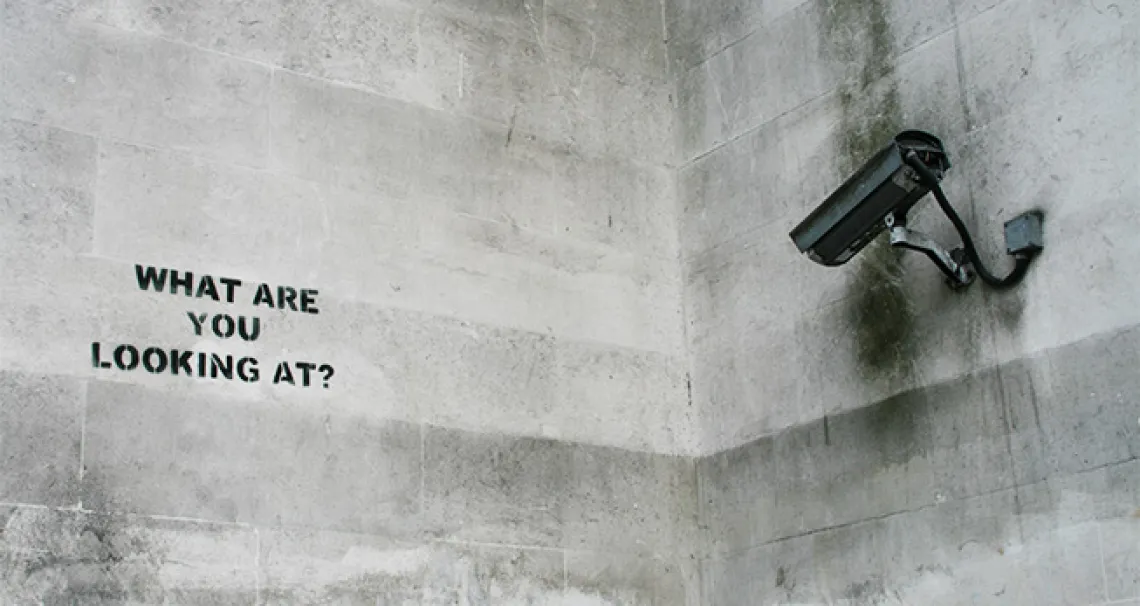University of Arizona Law Expands Privacy, Transparency Work

As WikiLeaks, email hacks, and cyber espionage continue to make waves in politics and the media, faculty members at University of Arizona Law are expanding their research around privacy and transparency. And they are collaborating with departments across the university.
The college is hiring a new research fellow in privacy and freedom of speech, thanks to a donation given to the UA Center for Digital Society and Data Studies. The donation was directed to the law college and the School of Information.
 The fellow will work with law professors Jane Bambauer and Derek Bambauer (right) and on a series of projects related to privacy, transparency, and free speech, including a workshop and speaker series for privacy scholars in spring 2017. (Last year, the college hosted a major workshop on free speech.)
The fellow will work with law professors Jane Bambauer and Derek Bambauer (right) and on a series of projects related to privacy, transparency, and free speech, including a workshop and speaker series for privacy scholars in spring 2017. (Last year, the college hosted a major workshop on free speech.)
The work will also involve collaboration with the School of Journalism and the Eller College of Management. Topics the college and the new fellow will investigate include Freedom of Information Act requests, mapping state and federal privacy laws and how they relate to free speech, and the algorithmic decisions that inform things like YouTube censorship and loan approvals.
“The goals of this project are to generate research findings that will inform policy, create new avenues for advocacy, and educate the public about privacy and free speech,” says Derek Bambauer, who teaches Internet law and intellectual property and whose research covers Internet censorship, cybersecurity, and intellectual property.
The fellow will also have the option of being affiliated with the Center for Democracy and Technology, a nonpartisan think tank based in Washington, D.C.
Privacy on Display
Arizona Law is also a sponsor of the “Conversations on Privacy” lecture series, exploring privacy issues in the digital age. The series takes place Wednesday evenings in downtown Tucson Oct. 19-Nov. 16 and is hosted by the College of Social and Behavioral Sciences.
Jane Bambauer will moderate the Nov. 9 conversation, “Wearing Your Doctor on Your Wrist.” Her research assesses the social costs and benefits of data and shows how many popular privacy laws can inhibit socially beneficial research and innovation in health, education, and law enforcement.
